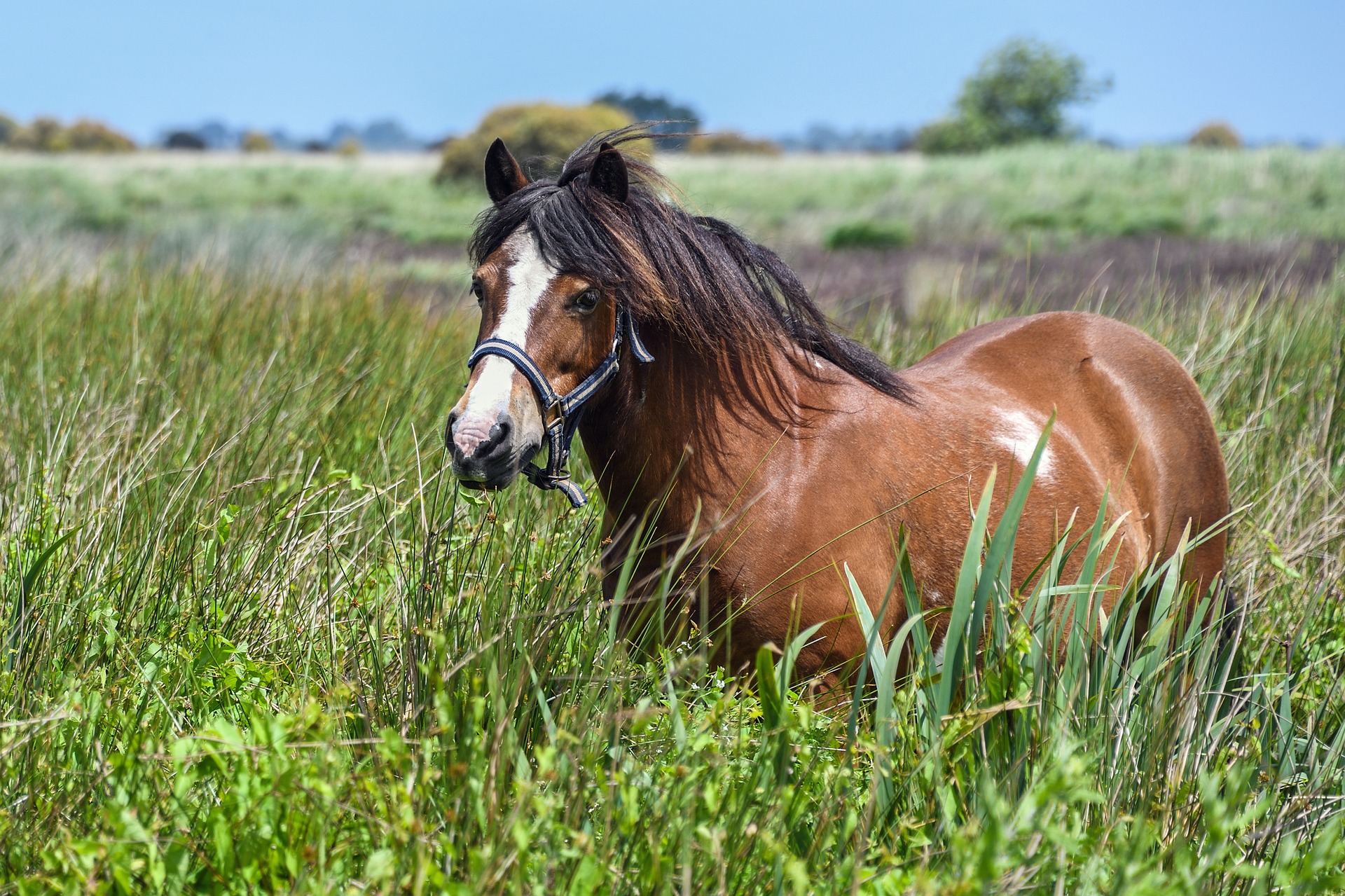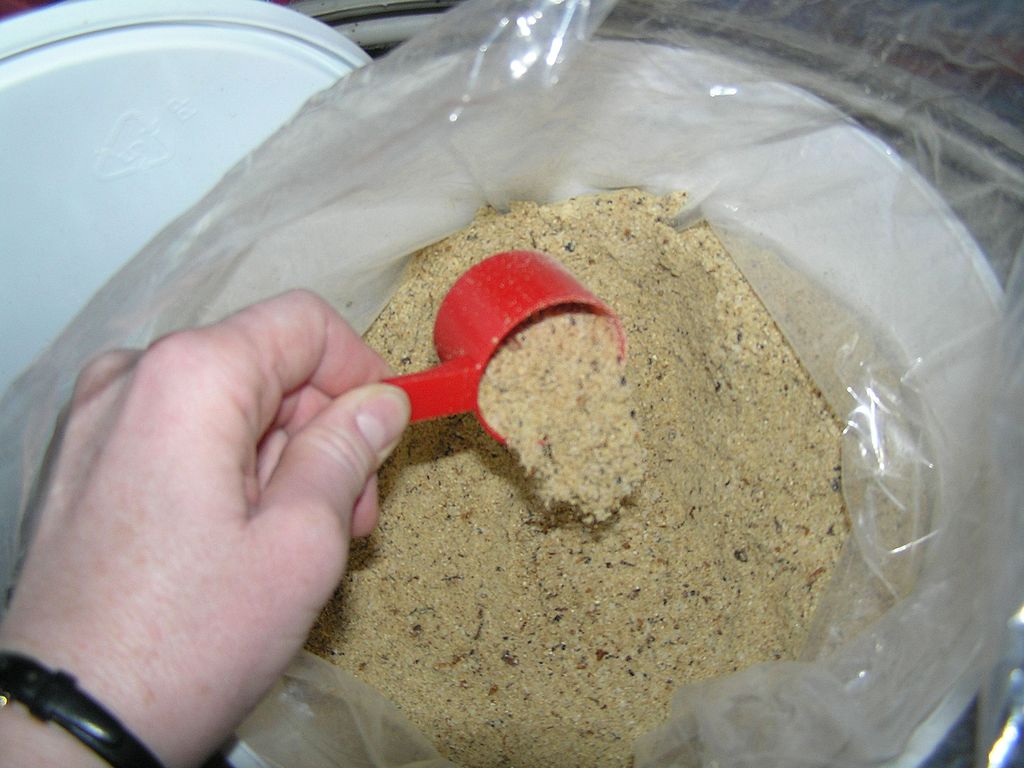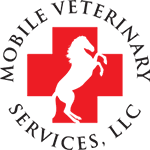 Sometimes when we as horseman see our horses on a routine basis, it can be easy to overlook that thickened, cresty neck or the fat pads that have developed on either side of their tail head. We recognize that it has been quite a while since we’ve been able to palpate...
Sometimes when we as horseman see our horses on a routine basis, it can be easy to overlook that thickened, cresty neck or the fat pads that have developed on either side of their tail head. We recognize that it has been quite a while since we’ve been able to palpate...
 Dr. Allison Hartman is a 2014 graduate of the University of Minnesota, College of Veterinary Medicine. During her clinical year at vet school, Dr. Hartman became certified in animal chiropractic work through the International Veterinary Chiropractic...
Dr. Allison Hartman is a 2014 graduate of the University of Minnesota, College of Veterinary Medicine. During her clinical year at vet school, Dr. Hartman became certified in animal chiropractic work through the International Veterinary Chiropractic...
 With the variety of different feed and supplement choices available, it can be overwhelming to make decisions regarding your horse’s diet. It is important to remember that horses are grazing animals, designed to spend much of their day eating forage. Forage (grass...
With the variety of different feed and supplement choices available, it can be overwhelming to make decisions regarding your horse’s diet. It is important to remember that horses are grazing animals, designed to spend much of their day eating forage. Forage (grass...
 Prior to picking out a GI supplement for your horse, I would highly recommend you refer to an earlier blog I wrote discussing how to go about picking a general nutritional supplement. The post contains some decent tips and tricks to better prepare you to find the best...
Prior to picking out a GI supplement for your horse, I would highly recommend you refer to an earlier blog I wrote discussing how to go about picking a general nutritional supplement. The post contains some decent tips and tricks to better prepare you to find the best...
 At what age is a horse considered geriatric or senior? Does owning a senior horse mean that he must eat a feed labeled as a “senior” feed? As always, the answer is, it depends. Our horses are living longer lives than ever, thanks to an evolving understanding of the...
At what age is a horse considered geriatric or senior? Does owning a senior horse mean that he must eat a feed labeled as a “senior” feed? As always, the answer is, it depends. Our horses are living longer lives than ever, thanks to an evolving understanding of the...








